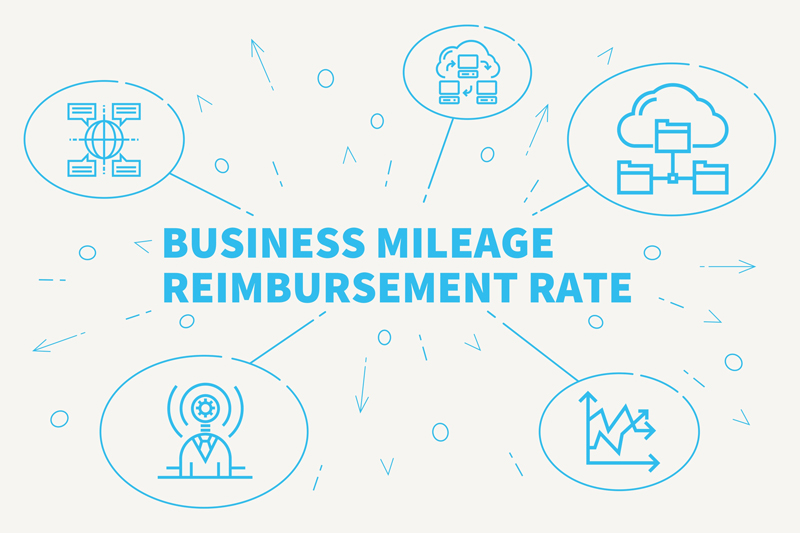
Call them what you will; installment contracts, installment land contracts, or land contracts occur when a real estate owner agrees to convey title sometime in the future in exchange for monthly payments or installments. I’ve heard some liken them to rent-to-own contracts, which can make the concept more accessible.
When two parties enter these agreements, the seller or vendor retains legal title, but the buyer or vendee takes the equitable title. The equitable title means the buyer has a lien on the real estate in the amount of the purchase price paid. If the value of the property increases by virtue of improvements or inflation, the buyer’s equity increases.
These contracts are a different way of selling real estate and are often attractive to buyers who may not qualify for bank financing. While the structure of a land contract has its benefits, I regularly help clients who have fallen victim to a bad one, whether on the seller’s side or the buyer’s side.
The Ohio Revised Code (ORC) has an entire chapter (R.C. 5313) dedicated to the requirements of land installment contracts, and I can’t say that I’ve ever seen one that fully complied. Folks, sometimes to save money, pull a form from the internet and roll the dice. But that desire to save money on the front end of the contract often costs people more money in litigation costs later. Sometimes, a person thinks they have entered into a land installment contract but actually entered into a lease, where those installment payments just serve as rent payments.
Vendors of land contracts often think they have to evict a vendee in default, but depending on the amount of money paid on the contract or the amount of time passed, the vendee’s lien might have to be foreclosed. Additionally, during the term of the land contract, the seller is obligated to provide statements to the buyer that show the amount credited to principal and interest and the balance due on the contract. While the ORC requires the vendor to record the land contract, vendees need to make sure this happens to protect their lien against third parties. These are just a few of the issues that occur often.
While lawyers never have anything good to say about land installment contracts, there is a time and place for them. But buyers and sellers considering this kind of agreement should take caution and have a real estate attorney review it before signing their names on the dotted line.
If you have a real estate issue or are entering into an installment contract, please contact Dave Montgomery at dmontgomery@pselaw.com or 937.223.1130 for a consultation.












